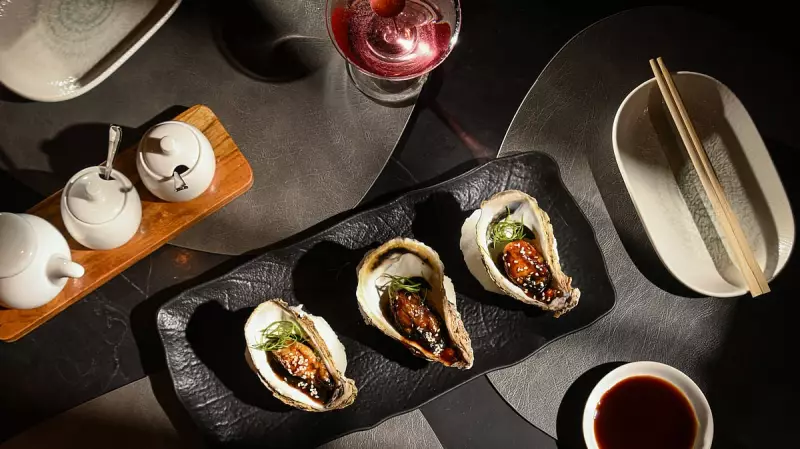
In the vibrant culinary landscape of India, a new star is redefining what Japanese cuisine can be. Chef Shruti Jha, through her innovative approach at various pop-ups and culinary events, is introducing Indian food enthusiasts to Japanese flavors with a fresh, contemporary spin that respects tradition while embracing creativity.
The Culinary Visionary Behind the Innovation
Chef Shruti Jha has carved a unique niche for herself in the competitive world of culinary arts. Her journey into Japanese cuisine began with a deep fascination for the precision, balance, and aesthetic beauty that defines Japanese cooking. Unlike many chefs who stick strictly to traditional methods, Chef Shruti recognized an opportunity to introduce Japanese food to Indian palates in a way that feels both authentic and excitingly new.
What sets her approach apart is her commitment to maintaining the fundamental principles of Japanese cooking while incorporating seasonal, locally available ingredients. She believes that the true spirit of Japanese cuisine lies in its adaptability and respect for ingredients, qualities that translate beautifully across cultures and geographies.
Signature Creations and Flavor Innovations
One of Chef Shruti's most talked-about creations demonstrates her innovative spirit perfectly. She has developed a unique version of sushi that incorporates Indian flatbreads instead of traditional rice, creating a fascinating cross-cultural culinary experience. This isn't merely fusion for the sake of being different; it's a thoughtful reimagining that considers texture, flavor compatibility, and eating experience.
Another standout innovation in her repertoire includes using sorpotel, a Goan pork dish, as a filling for Japanese-style rice balls. This bold combination might seem unusual at first glance, but it showcases her deep understanding of how flavors can transcend cultural boundaries when handled with care and expertise.
Her menu regularly features other creative interpretations such as avocado and pickled radish rolls and mushroom gyoza with unique dipping sauces that incorporate local Indian spices in measured, thoughtful ways. Each creation maintains the essential Japanese character while introducing elements that make the food more accessible and intriguing to Indian diners.
The Philosophy Behind the Food
Chef Shruti's culinary philosophy centers around what she calls "respectful innovation." She emphasizes that her variations aren't about improving traditional Japanese cuisine, but rather about exploring how these culinary traditions can evolve in new environments. "Japanese food has clear rules," she explains, "but within those rules, there's incredible room for creativity and personal expression."
This approach extends to her ingredient selection as well. While she imports essential Japanese ingredients that can't be substituted without compromising authenticity, she actively seeks out local Indian ingredients that can complement or enhance traditional dishes. This not only makes her food more sustainable but also creates a unique culinary identity that reflects both her Indian heritage and her Japanese culinary training.
The response from diners has been overwhelmingly positive. Many Indian food enthusiasts who were previously hesitant about Japanese cuisine find her approach more approachable, while Japanese food purists appreciate her technical skill and understanding of fundamental principles. Her events consistently draw crowds eager to experience her latest creations and see how she'll reinterpret Japanese classics next.
The Future of Japanese Cuisine in India
As Indian palates become increasingly globalized, chefs like Shruti Jha are playing a crucial role in shaping how international cuisines are perceived and enjoyed. Her work demonstrates that cultural exchange in food doesn't have to mean dilution of tradition; it can mean enrichment and new possibilities.
Looking forward, Chef Shruti plans to continue her exploration of Japanese culinary traditions while developing new interpretations that speak to contemporary Indian diners. She's particularly interested in exploring regional Japanese cuisines beyond the well-known Tokyo-style dishes, and how these might interact with specific regional Indian culinary traditions.
The success of her innovative approach suggests a bright future for Japanese cuisine in India, one where it can maintain its essential character while evolving to reflect its new context. For food lovers in India, this means access to Japanese flavors that feel both authentic and freshly exciting—a culinary experience that truly bridges cultures while celebrating the best of both.





